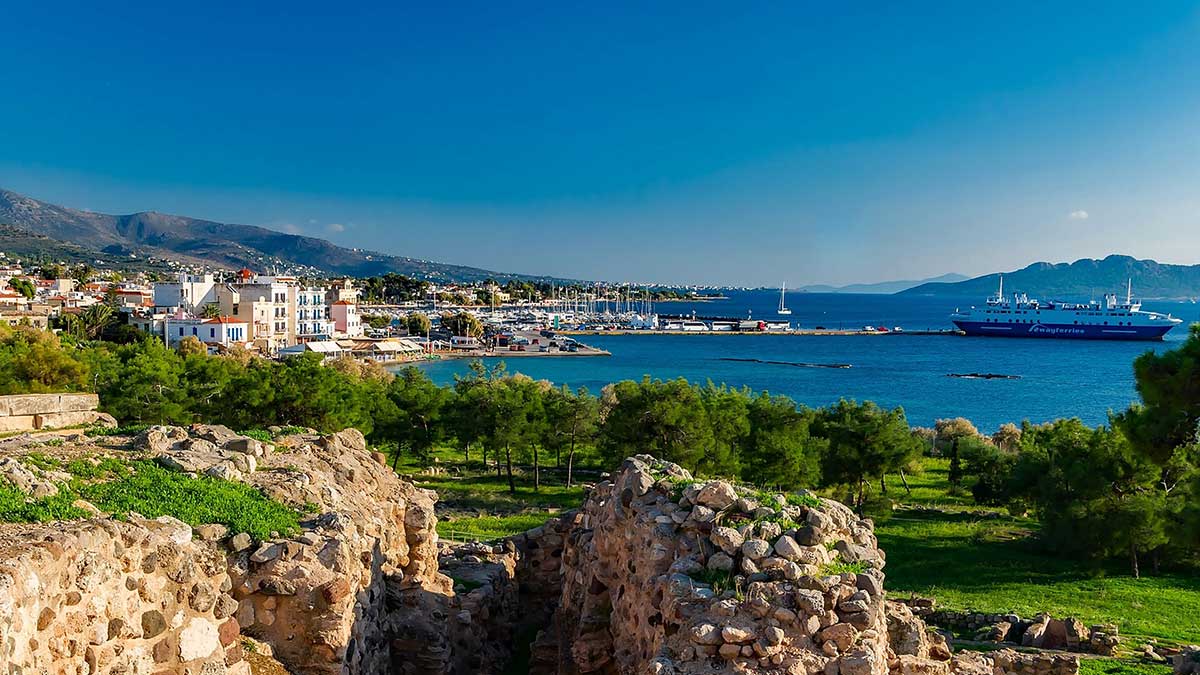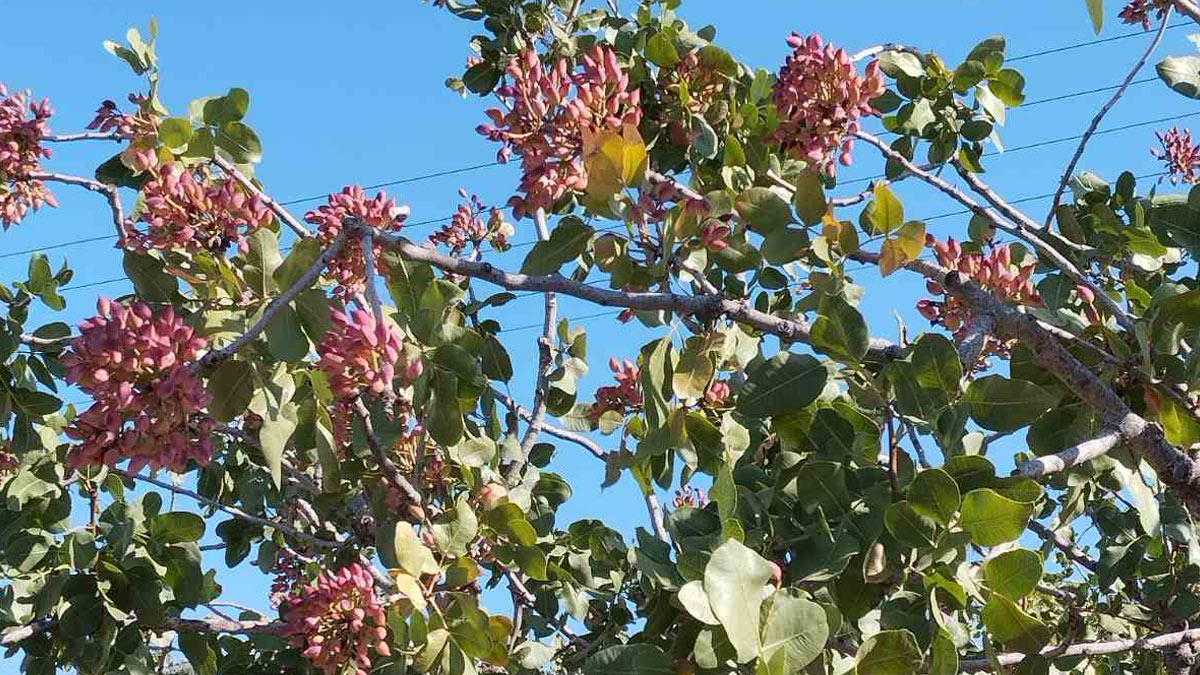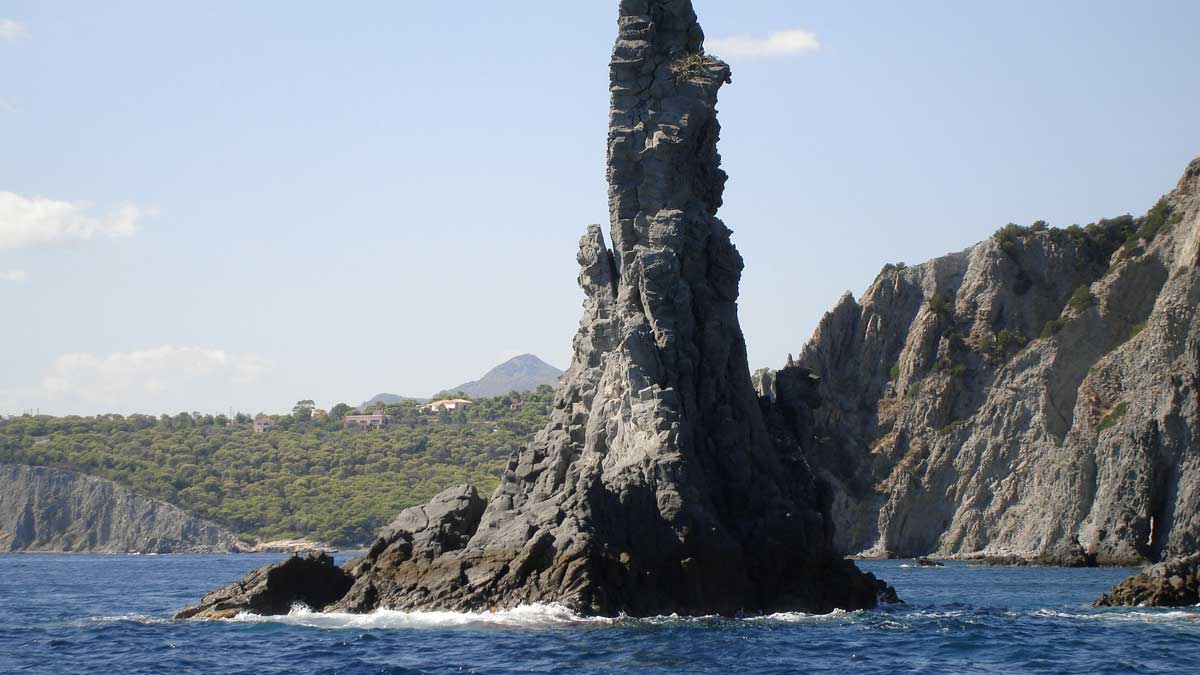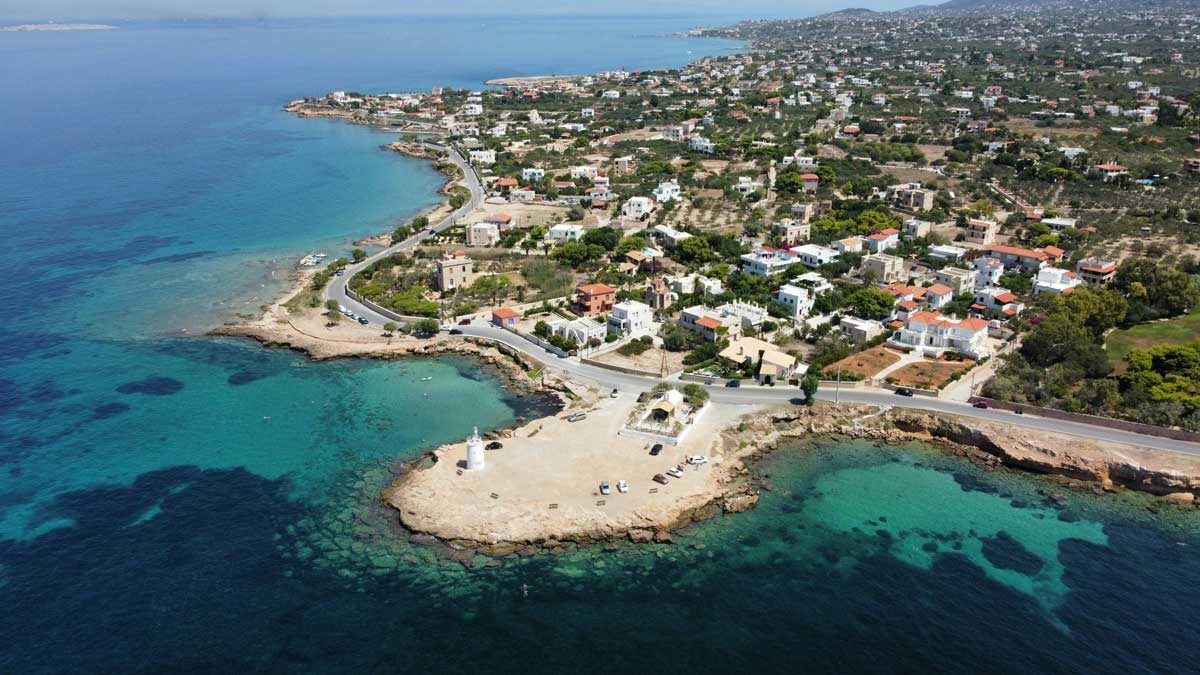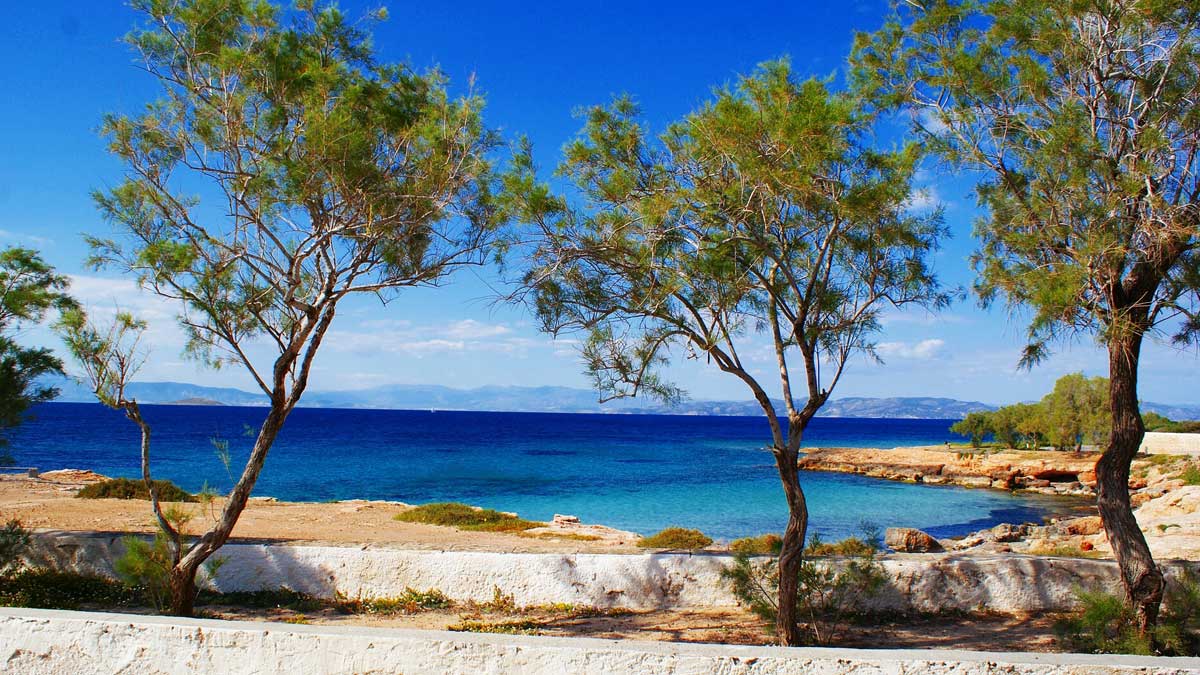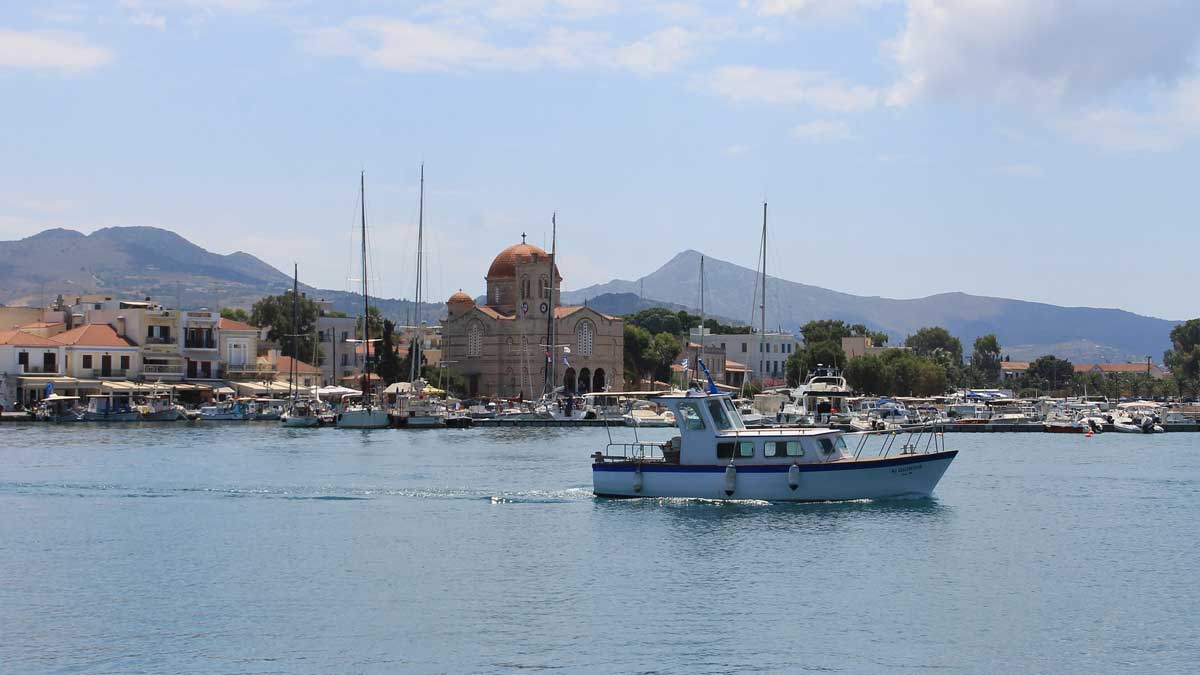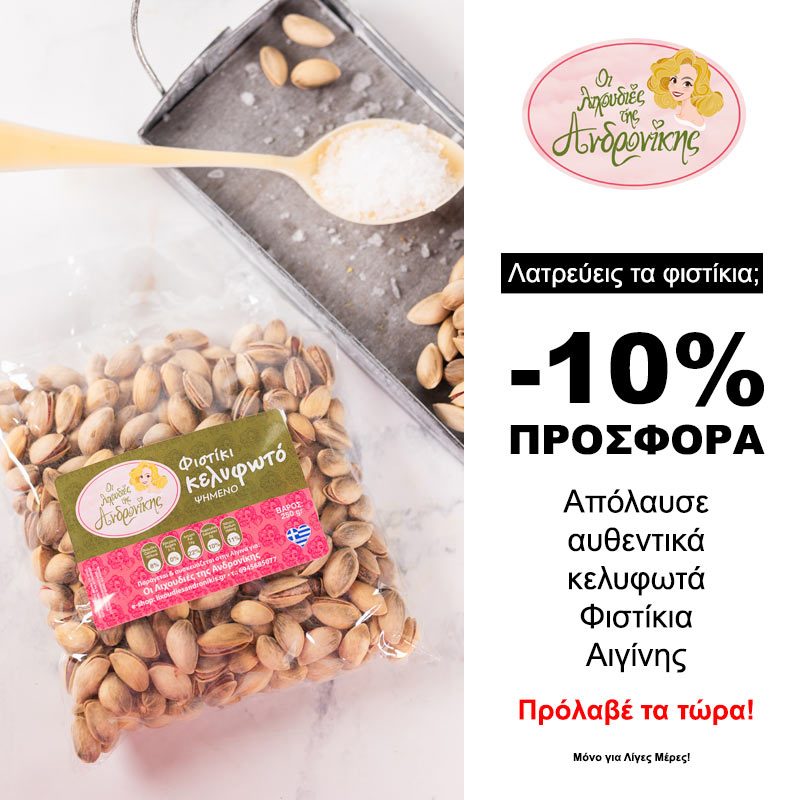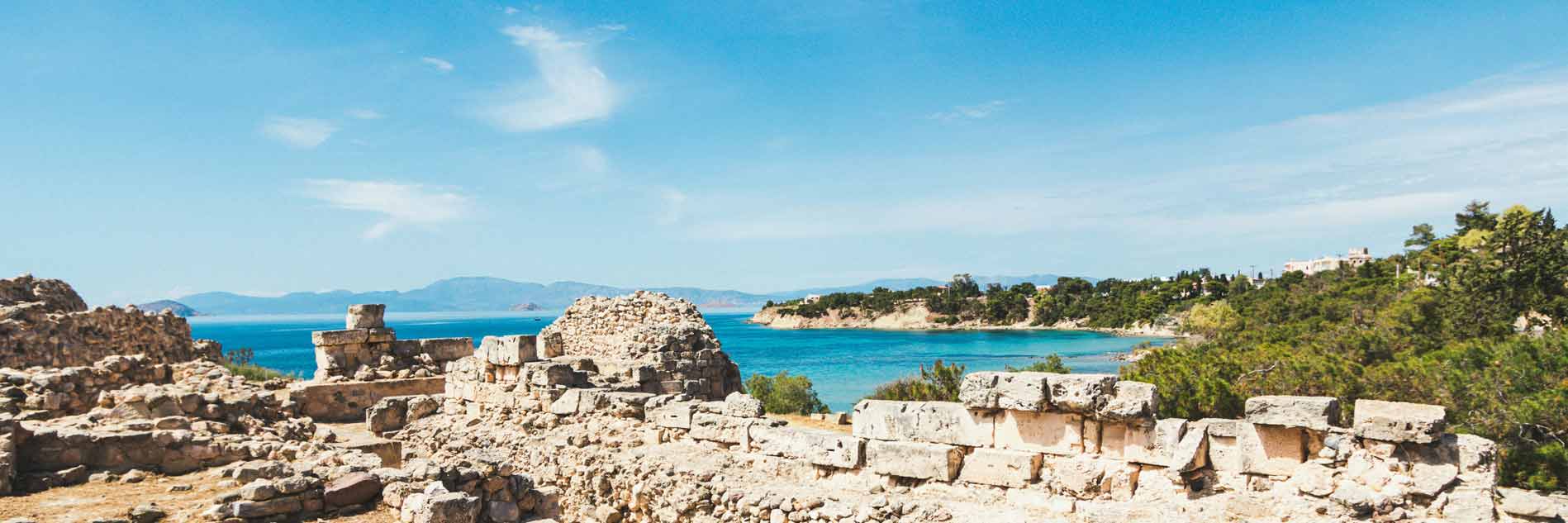
The history of Aegina
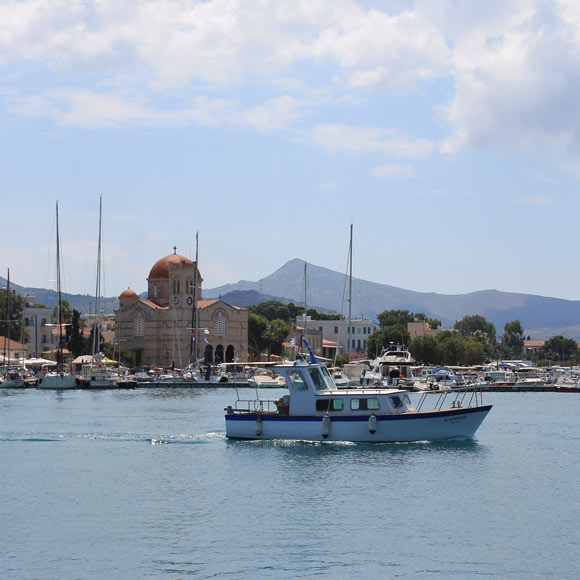
Aegina: The Historical Heart of the Saronic
Aegina, one of the most important islands of the Argosaronic Sea, has a rich and complex history that stretches from ancient times to modern times. It has been inhabited since the prehistoric period and the first organized communities on the island date from approximately the 4th millennium BC.
Due to its geographical location, Aegina developed into an important commercial and maritime hub during antiquity, flourishing in the field of pottery and maritime trade.
Its strategic location between the Peloponnese and Attica played a central role in its economic and cultural development.
During the classical period, Aegina was one of the most powerful maritime cities of ancient Greece, and its city-state developed into an important commercial center. The island's maritime and commercial networks stretched across the Mediterranean, reaching as far as Egypt and the shores of the Black Sea. The wealth of Aegina allowed the construction of impressive public buildings, such as the famous temple of Aphaia, one of the most important ancient temples, which even today is a reference point for Greek culture. It should be noted that the Aeginites were the first Greeks to mint silver coins, which spread throughout Greece.
Aegina also played an important role in the Persian Wars of the 5th century BC. Despite its initial opposition to Athens, Aegina fought alongside Athens and the other Greek cities against the Persians. Its participation in the Naval Battle of Salamis was decisive as the Aeginites were known for their naval prowess. However, the long-standing confrontation with Athens culminated in the First Peloponnesian War, where Aegina suffered severe damage and eventually came under Athenian control.
Over the centuries, Aegina passed through various dominions. During the Roman period, the island was under Roman rule, later joining the Byzantine Empire. The island experienced a significant boom during the Byzantine era, with the development of churches and monasteries, some of which have survived to this day. The Monastery of Agios Nektarios, built later, is one of the most important in Greece and contributes to the religious heritage of the island.
During the period of Turkish rule, Aegina suffered from pirate attacks and Ottoman oppression. However, with the Greek Revolution of 1821, Aegina played a particularly important role. It was one of the first areas to be freed from the Ottoman yoke and in 1828 Aegina became the temporary capital of the newly formed Greek state under Ioannis Kapodistrias. During this period, the city developed rapidly with the construction of important public buildings, such as the Government and the Orphanage.
Στη σύγχρονη εποχή, η Αίγινα έχει διατηρήσει τον παραδοσιακό της χαρακτήρα, ενώ ταυτόχρονα έχει εξελιχθεί σε έναν δημοφιλή τουριστικό προορισμό. Το φυσικό της κάλλος, τα αρχαιολογικά μνημεία, οι όμορφες παραλίες και η κοντινή της απόσταση από την Αθήνα την καθιστούν ιδανικό προορισμό για επισκέπτες. Παράλληλα, η Αίγινα είναι γνωστή για τα φυστίκια της, τα οποία είναι διάσημα σε όλο τον κόσμο και αποτελούν ένα από τα σημαντικότερα προϊόντα του νησιού. Η ιστορική και πολιτιστική κληρονομιά της Αίγινας συνεχίζει να αποτελεί πηγή έμπνευσης και περηφάνιας για τους κατοίκους της.
In modern times, Aegina has preserved its traditional character, while at the same time it has developed into a popular tourist destination. Its natural beauty, archaeological monuments, beautiful beaches and its proximity to Athens make it an ideal destination for visitors. At the same time, Aegina is known for its pistachios, which are famous all over the world and are one of the most important products of the island. The historical and cultural heritage of Aegina continues to be a source of inspiration and pride for its inhabitants.
Product quality
All Aegina pistachio products are of high quality and meet the expectations of all customers.
Wide range of products
Providing a diverse selection of pistachio products, blending traditional flavors with modern twists to suit every taste.
Products for vegans
Pistachio products aimed at a vegan audience, such as peanut butter or vegan sweets and snacks.
Product innovation
Creating new products, such as sweets, jams, creams - spreads, snacks, nutritious bars based on pistachios.
Products for children
Products especially for children with a low sugar content, for breakfast or school, without harming their health.
Modern packaging
Highly aesthetic packaging with a modern design that protects the quality of the product.
PDO certification
The products come from Aegina and are certified with a Protected Designation of Origin (PDO).
Reliability and consistency
All products are readily available, ensuring prompt delivery for every order, without any delays.
A trip to Aegina through images
From traditional corners to beautiful beaches, every picture of Aegina hides a story to tell

